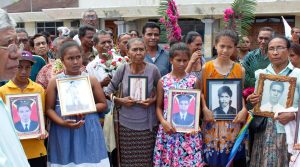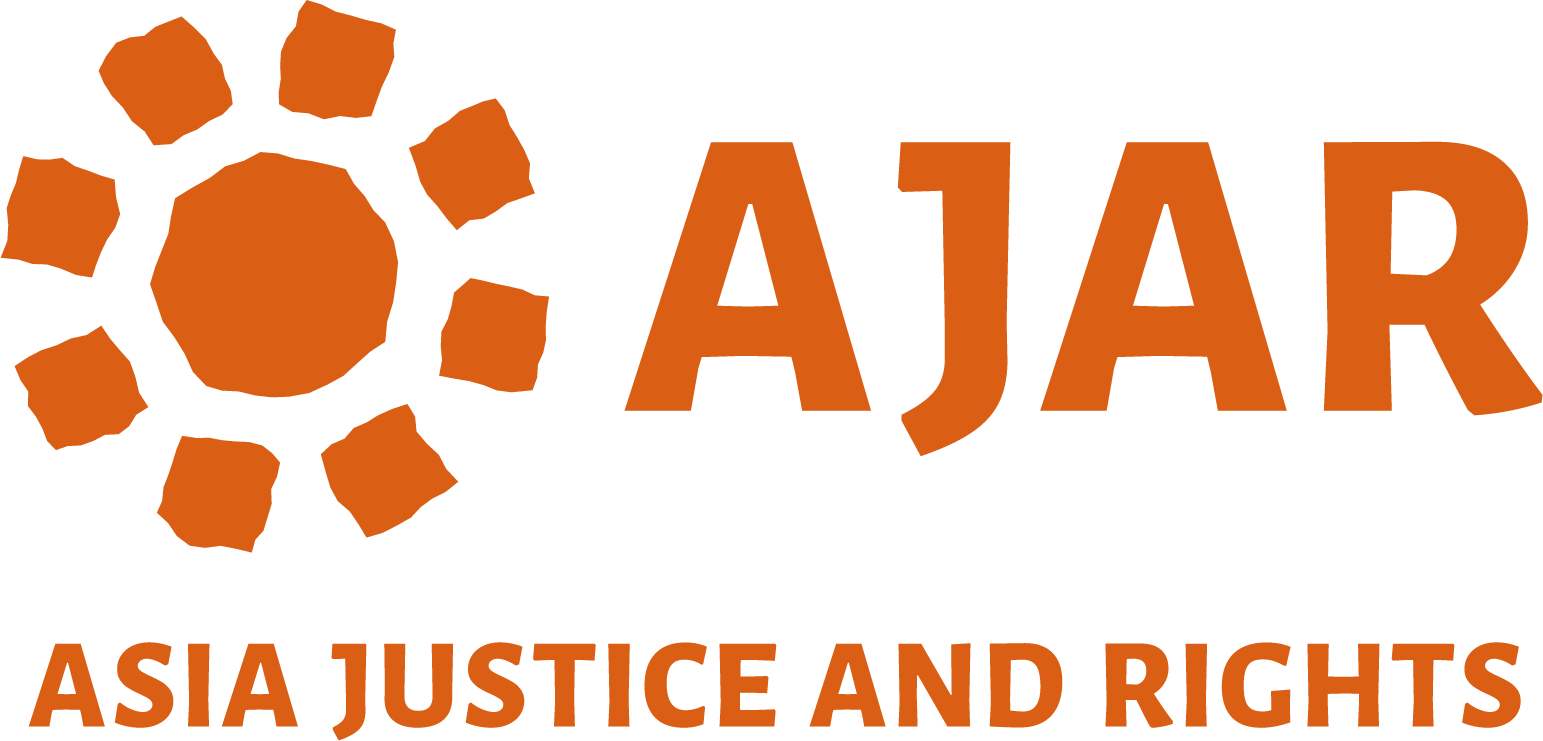
The “guarantee of non-repetition” or ‘non-recurrence’ is enshrined in several international human rights instruments and decisions. It means that following a period of conflict in which mass human rights violations occurred, states are required to ensure that such atrocities never happen again. In practice, this guarantee is satisfied by institutional reform, particularly the reform of those institutions that committed violations or allowed them to take place.
Legal sources of the guarantee of non-repetition are:
-
- Article 2 of the International Covenant on Civil and Political Rights (ICCPR) requires state parties to take legislative and constitutional steps, and other measures, to give effect to the rights recognised in the Covenant and to ensure that any person whose rights are violated has an effective remedy.
- The International Convention for the Protection of All Persons from Enforced Disappearance contains an explicit provision regarding “guarantees of non-repetition”.
- The Inter-American Court of Human Rights in the case of Velásquez Rodríguez held that States are obliged “to organise the governmental apparatus and, in general, all the structures through which public power is exercised, so that they are capable of juridically ensuring the free and full enjoyment of human rights” (para. 166).
- The legal mandates of truth commissions often require such commissions to make recommendations to ensure the non-repetition of violations.
